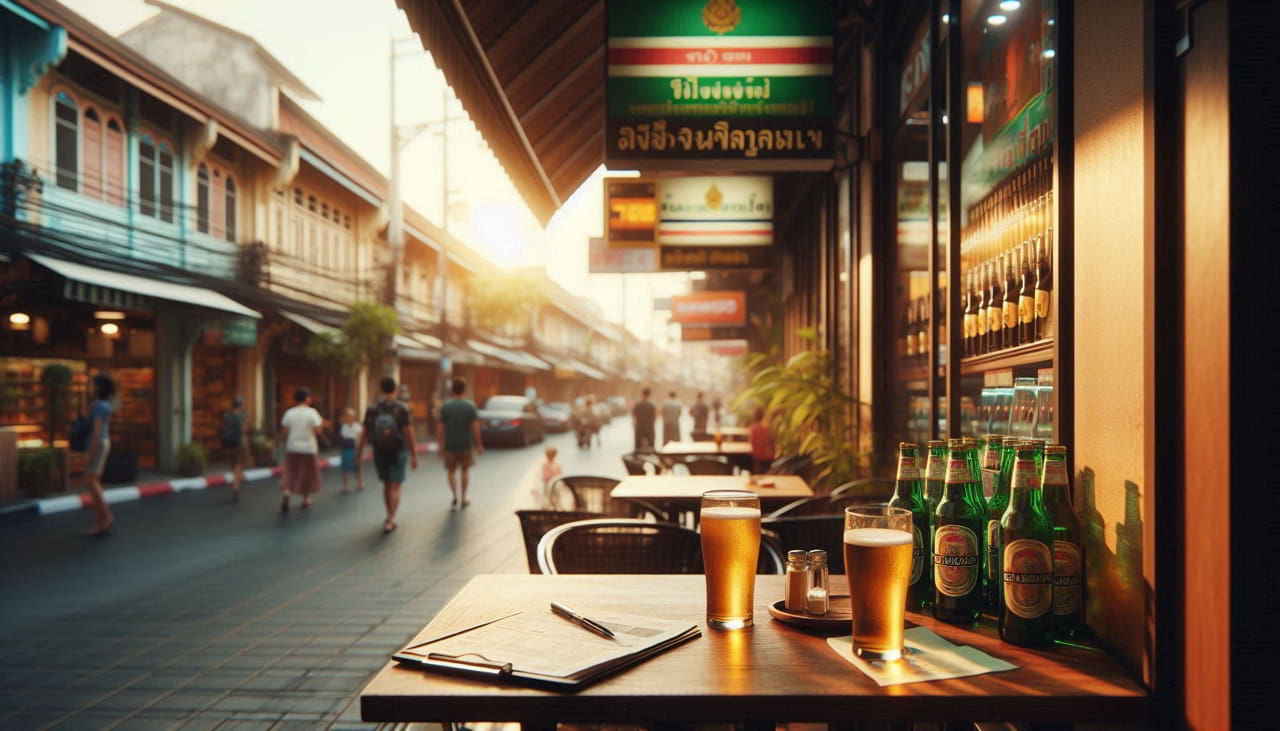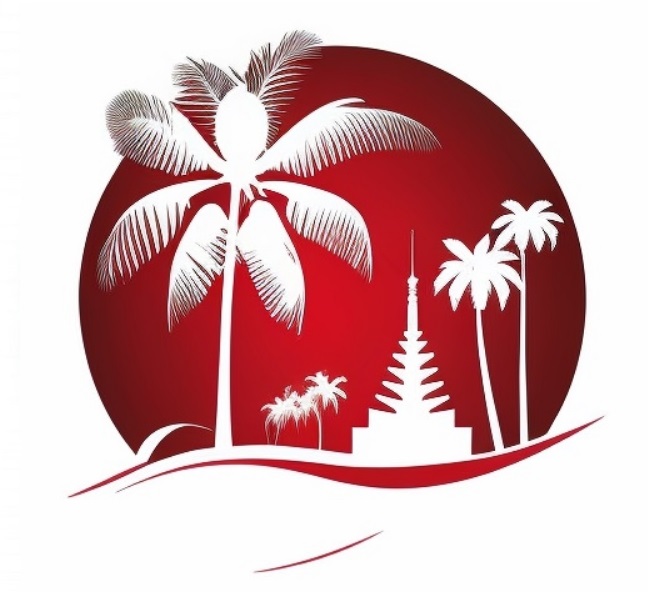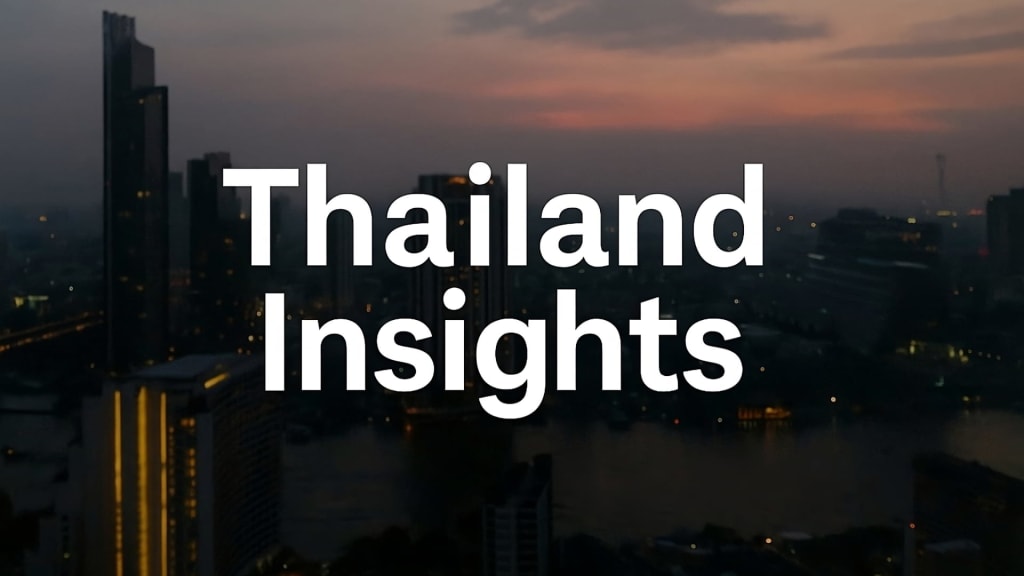
Thailand’s New Alcohol Rules: What Tourists and Expats Need to Know
Written by the editors of theo-courant.com, your reference guide to Thailand and South-East Asia - based in Bangkok, at the heart of Thai culture.

Thailand has updated its alcohol regulations. Consumers can now be fined for drinking at restricted hours or in unauthorized places. Here is everything visitors and residents need to know to avoid unexpected penalties.
Consumers now face fines for alcohol violations
Thailand has strengthened its Alcohol Beverage Control Act.
Where penalties once targeted sellers, the law now shifts responsibility directly to consumers. Drinking at the wrong place or time can lead to fines of up to 10,000 baht.
Why the responsibility shifted
Authorities aim to reduce loopholes exploited by some establishments. Targeting individual behavior makes enforcement simpler and more consistent.
Understanding the legal drinking and sales hours
Thailand has enforced drinking-hour restrictions since 1972, but the new rules apply more strictly to consumers.
In Thailand, where Buddhism is the dominant religion, many practitioners follow the Five Precepts, which include abstaining from alcohol to encourage mindfulness and avoid distraction.
This moral foundation often supports government decisions to regulate alcohol consumption.
General authorised hours
Alcohol can be sold and consumed in most shops and restaurants at:
- 11:00 to 14:00
- 17:00 to midnight
Between 14:00 and 17:00, the ban is absolute, even if the beverage was purchased beforehand.
Special cases depending on location
| Establishment type | Authorised hours | Key points |
|---|---|---|
| Shops and standard restaurants | 11:00–14:00 / 17:00–24:00 | Strict ban from 14:00 to 17:00 |
| Licensed hotels and certified tourist zones | More flexible hours | Requires a specific licence |
| Licensed bars and clubs | 17:00–24:00, sometimes until 2:00 | Subject to local regulations |
| International airports | 24-hour service | Exemption due to international status |
Important detail
Buying a beer at 13:59 and drinking it at 14:05 in a non-authorized venue is considered a violation.
Advertising rules tightened: no influencers, no celebrities
The revised law introduces stricter limitations on alcohol promotion:
- Advertising must remain strictly factual
- No celebrities, influencers, or public figures in promotional material
- Any form of encouragement to drink may fall under prohibited communication
Impact on businesses and travelers
The measure has raised concerns among some professionals, particularly in the restaurant industry and in tourist areas, especially along the coast. From a practical standpoint, it is likely to fuel debate, given the many questions it raises and the wide range of interpretations.
For establishments
Uncertain enforcement during peak hours may affect sales, especially in busy tourist districts.
For tourists
These rules may confuse visitors who are unfamiliar with such unusual hours. Some elected officials are even calling for a complete liberalization of alcohol sales. For now, we must wait and see to what extent these new measures will be enforced.
Are private parties affected by the new rules?
A private gathering inside a residence is generally not targeted by the law.
However, a party that is public, ticketed, or advertised online may be treated like a commercial event and subjected to the same restrictions as licensed venues.
FAQ: Thailand’s updated alcohol regulations
Can tourists really be fined?
Yes. The law applies equally to locals and foreigners.
Is it allowed to drink in a hotel at 3 PM?
If the hotel holds a special licence or is located in a certified tourist zone, it is permitted.
Is carrying alcohol during restricted hours illegal?
No. Consuming alcohol during banned hours is the offense.
Do bars in Khao San Road still serve during the restricted hours?
Some do, but customers risk being fined during inspections.
Are private events covered by the law?
Only if the event is open to the public or commercially promoted.



